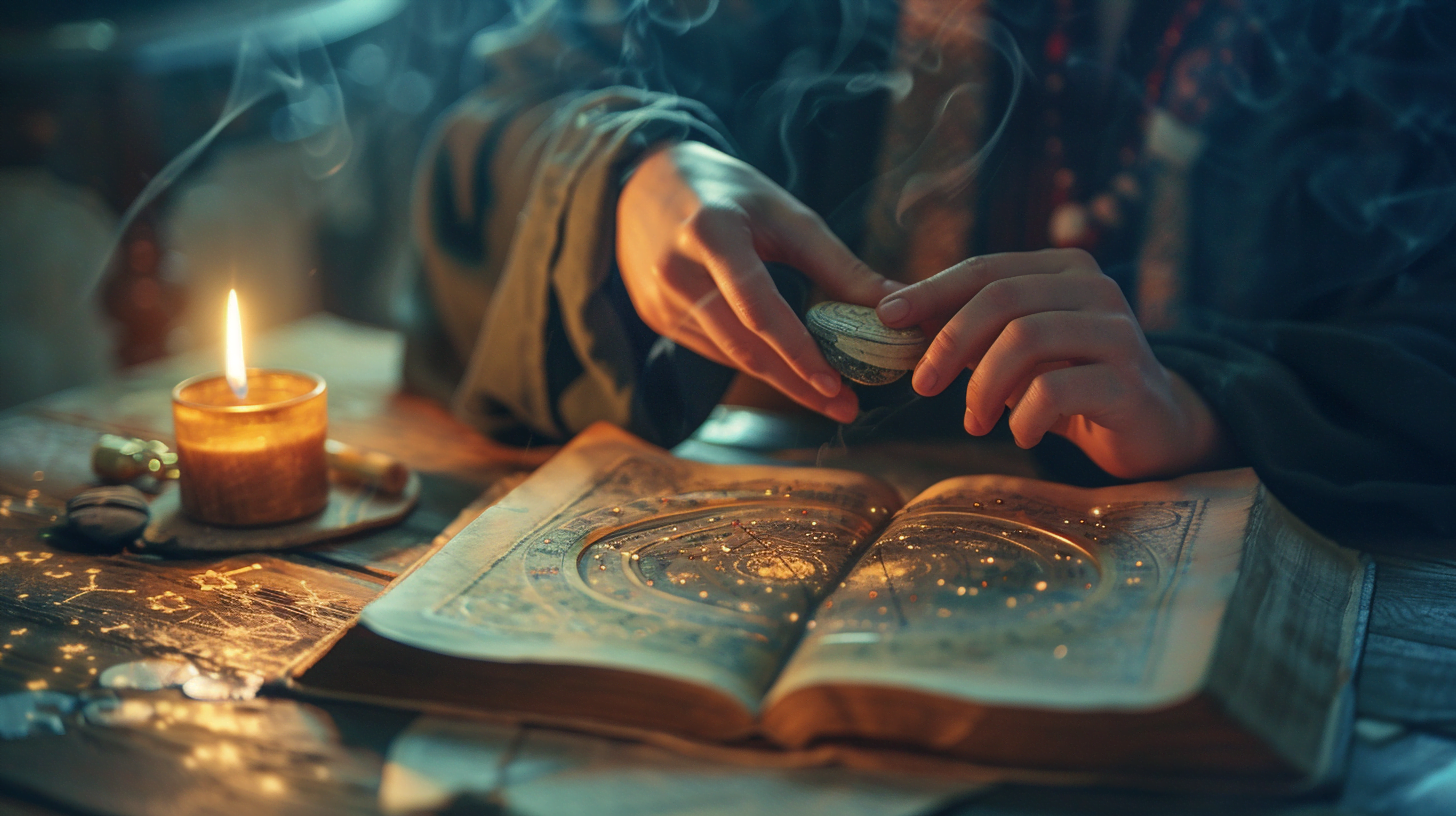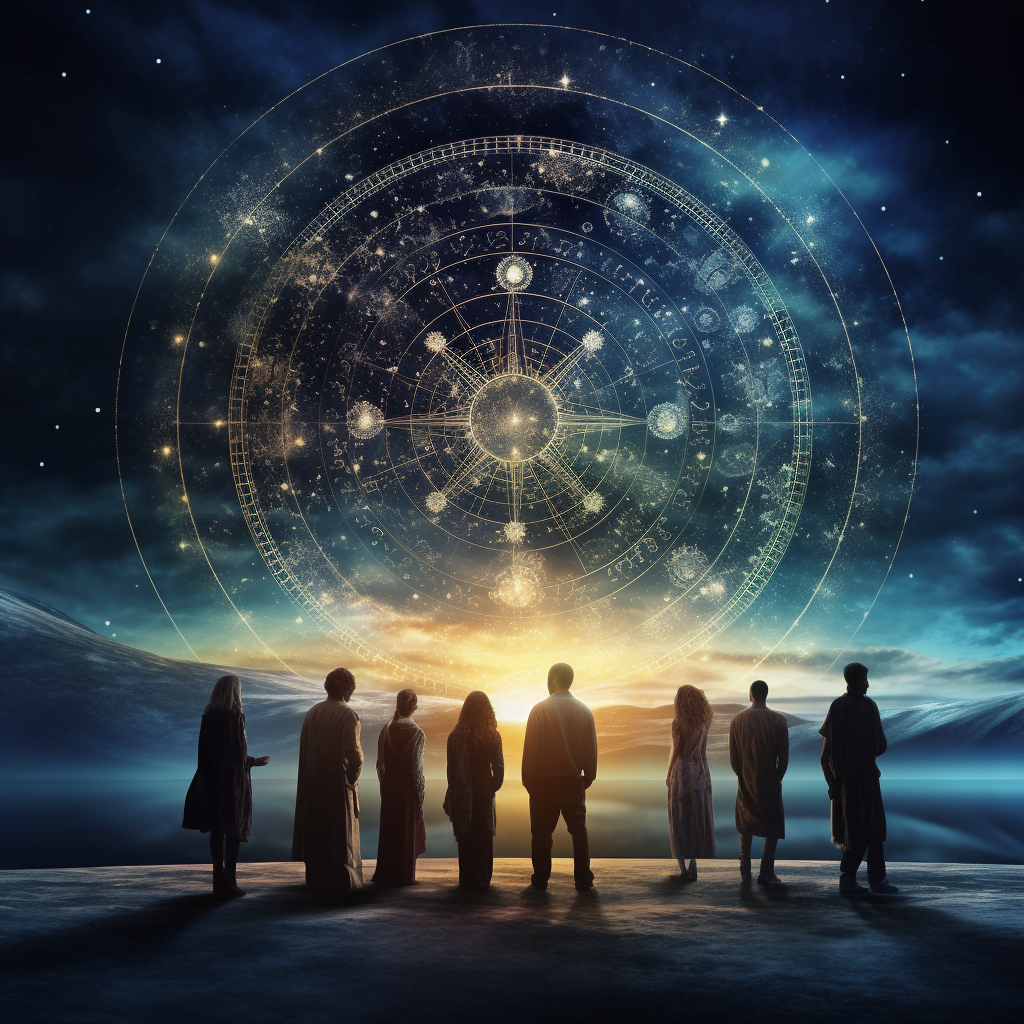Astrology, with its origins deeply rooted in ancient civilizations, has long captivated the human imagination. As I embark on a journey to explore the ancient origins of astrology, I find myself drawn to a captivating world where the movements of celestial bodies were intricately linked to human destiny. Delving into the mysteries of astrology and the celestial map it presents, I am eager to uncover the secrets and wisdom that have guided humanity for centuries. By understanding the historical context and cultural significance of astrology, we can gain valuable insights into the intricate tapestry of human beliefs and their connection to the cosmos.
Exploring the Ancient Origins of Astrology
Astrology, a belief system that connects celestial events and human behavior, has been practiced for thousands of years. This article delves into the ancient origins of astrology, tracing its beginnings in different civilizations and exploring its significance throughout history.
Defining Astrology and its Significance
Astrology is a discipline that seeks to understand the influence of celestial bodies on human lives and events on Earth. It posits that the positions and movements of the planets and stars can reveal insights about personality traits, relationships, and the overall course of one’s life. For millennia, astrology has played a significant role in various cultures worldwide.
The Earliest Astrological Traditions
The roots of astrology can be traced back to ancient civilizations, where early astronomers observed the stars and recognized patterns in their movements. Sumerians, Babylonians, and Egyptians are among the earliest civilizations known to have developed astrological practices.
Mesopotamian Astrology
In Mesopotamia, the birthplace of astrology, the priests of ancient Sumeria and Babylon studied the movement of celestial bodies and linked them to the fate of individuals, nations, and kings. The Mesopotamians developed complex systems of astrology, such as the zodiac, which divided the sky into twelve equal parts, each associated with a specific constellation.
Egyptian Astrology
Ancient Egypt also embraced astrology, but its approach differed from Mesopotamian traditions. The Egyptians associated specific deities with celestial bodies, believing that the gods influenced human destiny. They developed a unique form of astrology called “decans,” which divided the night sky into 36 equal sections, each representing a deity.
Greek Influence on Astrology
The Hellenistic period saw the fusion of Mesopotamian and Egyptian astrological traditions with Greek philosophy. Prominent figures like Ptolemy and Aristotle made significant contributions to astrology’s development during this time. The Greeks introduced the concept of the twelve houses, which divided the horoscope into different areas of life, further refining astrological interpretations.
The Connection between Astrology and Religion
Astrology’s connection to religion cannot be overlooked, as many ancient cultures intertwined their spiritual beliefs with astrological practices. In Mesopotamia, priests played a dual role as astronomers and religious leaders, interpreting celestial phenomena as divine messages. Similarly, the Ancient Egyptians associated their gods with celestial bodies, reinforcing the spiritual significance of astrology.
Astrology in Ancient China
In ancient China, astrology played a vital role in the governance and decision-making processes of emperors. The Chinese developed their own unique system, known as “Four Pillars of Destiny,” which combined astronomy, astrology, and philosophy. This system, based on the lunar calendar, associated personality traits and life events with the year, month, day, and hour of a person’s birth.
Astrological Traditions in India
India has a rich astrological heritage dating back thousands of years. Astrology, known as “Jyotish” in Sanskrit, holds great importance in Hindu culture. Jyotish practitioners analyze planetary positions and their relationships to predict individual and societal outcomes. Ancient Indian texts like the Vedas and Puranas contain vast information on astrology’s principles, making it an integral part of Indian culture.
The Spread of Astrology in the Islamic World
Astrology gained prominence in the Islamic world during the Golden Age of Islam. Islamic scholars translated and expanded on ancient astrological texts, incorporating them into their intellectual pursuits. Astrology became both a practical tool for predicting events and a subject of scholarly exploration. Many renowned Islamic astronomers, such as Al-Kindi and Abu Ma’shar, made significant contributions to the field.
Astrology in Medieval Europe
Astrology reached its zenith in medieval Europe, where it became deeply intertwined with the teachings of the Church. Christian theologians believed that God had imbued cosmic objects with symbolic meanings, enabling astrology to offer insights into divine plans. Astrological charts were used to advise rulers, predict natural disasters, and guide medical treatments. Notable figures like Roger Bacon and Albertus Magnus further synthesized astrology with philosophy and natural sciences during this period.
In conclusion, astrology has an ancient and diverse origin, with different civilizations developing their own unique astrological traditions. From the Mesopotamians and Egyptians to the Greeks, Chinese, Indians, and Islamic scholars, astrology played a significant role in understanding human destiny and the cosmos. Its enduring influence on cultures around the world is a testament to its lasting significance and its ongoing exploration as a field of study.


